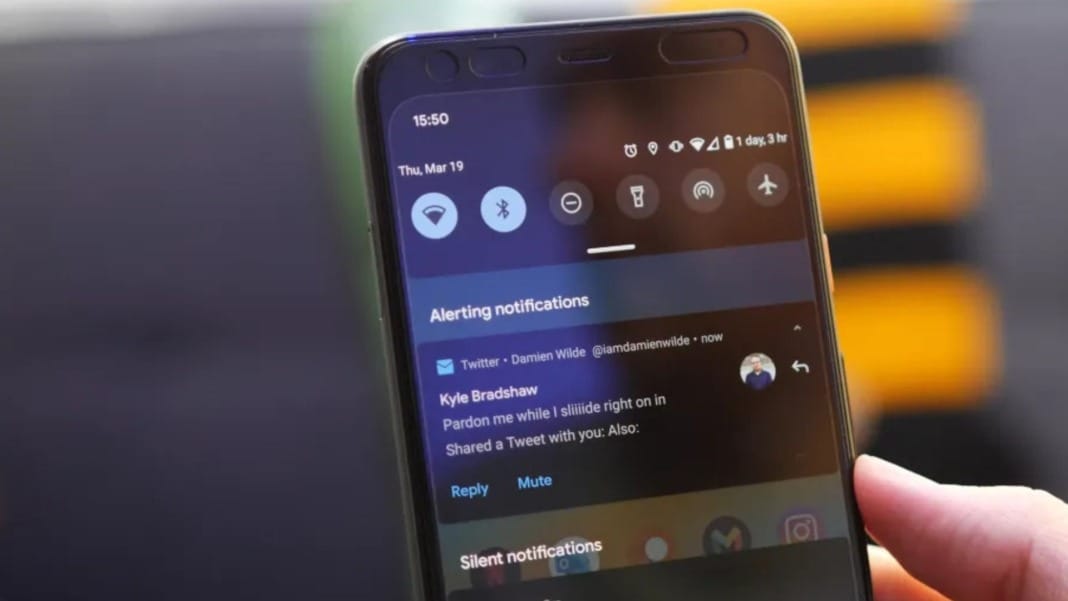A new player in the short-form video landscape has arrived, challenging the traditional social media scene. Loops, an app created by Daniel Supernault, founder of Pixelfed, a photo-sharing alternative to Instagram, is set to bring TikTok-style videos to the fediverse—a decentralised network of social media platforms. Signups for Loops opened this week, sparking interest as it aims to offer users greater control, transparency, and privacy.
An immersive new video experience
Loops allow you to post 60-second looping videos, similar to TikTok’s format and offer features for a rich, engaging experience. Supernault announced on Mastodon that the platform will soon introduce options to use sounds, remix videos, and pin videos to your profile. Another exciting feature will allow you to curate your comment sections, giving you control over how your audience engages with your content.
You can also categorise your videos, but traditional social media elements like hashtags and mentions still need to be part of Loops. While still in its early stages, videos have already been shared on Loops’ Pixelfed account, showing off its design and user interface.
If you’re interested in joining Loops, be aware that account activation is not immediate. According to Supernault, you’ll need to wait for a confirmation email, which could take a while to arrive. The app will be launched through Apple’s TestFlight for iOS users, a platform used to test apps that are still in development. TestFlight requires a free developer account, so sign up if you’re on iOS. Android users, meanwhile, will have access to a “side-loadable” version of the app, meaning they can install it directly without going through Google Play.
Moderation and trust scores
Loops aim to create a respectful and safe environment through a community-driven moderation model. Supernault has called for volunteer moderators on Mastodon, where he detailed a “trust score” system for users. This trust score determines how quickly videos will be posted. Content from “trusted” users, those with a high score, will go live instantly, while videos from newer or less-trusted users may be held for review before being visible to the community. This approach encourages accountability and aims to reduce spam and inappropriate content without entirely relying on automated algorithms.
The focus on human moderators brings a unique angle to Loops, with the trust score acting as a dynamic filter based on user activity and behaviour. By prioritising user safety and community standards, Loops hopes to build an environment that values quality interactions over quantity, apart from larger platforms that may rely more heavily on automated moderation.
Privacy and funding without ad revenue
Loops is positioning itself as a privacy-conscious platform, pledging not to sell user data or share videos with third-party advertisers. The platform is committed to user control and transparency—every video you post remains yours, and Loops does not train AI on user-generated content. Unlike major social media platforms, Loops will rely on grants, sponsorships, and donations to stay afloat, taking a community-centred approach to funding that aligns with its ethos.
While Loops currently lacks live fediverse integration and has not been open-sourced yet, these features are in development, according to the site’s FAQ. This fediverse compatibility will allow Loops to interconnect with other decentralised networks, providing a unified but privacy-respecting social media experience.
With its user-first philosophy, Loops is part of a growing trend of social media alternatives prioritising privacy, control, and ethical practices. Whether it can compete with established platforms like TikTok remains to be seen, but Loops is off to a promising start in bringing fresh, user-centred video sharing to the fediverse.





